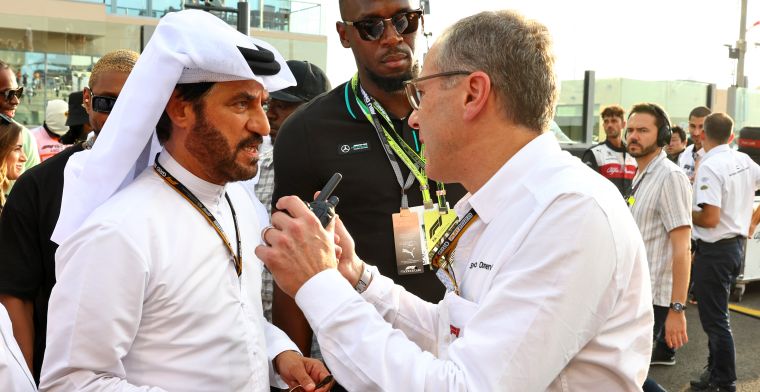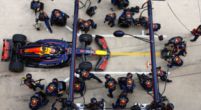F1 News

FIA changes tack: this is the background of the new management
The FIA is changing tack, it revealed on Wednesday morning. The organisation has made major changes to the top tier of management, making the impact of new president Mohammed Ben Sulayem increasingly evident. What background do the new men bring with them? And will this bring visible changes to Formula 1?
It is clear that the FIA is opting for an executive board with Formula 1 experience. Nikolas Tombazis will be the big man within the organisation. From 2018, he led the FIA's technical team and oversaw the development and implementation of the new regulations in 2022. The Greek was a key man in Formula 1 in previous years. His best-known job was his role as chief designer of Ferrari, while before that he worked at Benetton and McLaren. As 'Single Seater Director', which is a new role at the FIA, Tombazis therefore knows better than anyone else what the practice of motorsport classes entails.
FIA seeks stability
In his role, Tombazis will have responsibility over the other board members. They must report to Tombazis, which means the FIA is betting on further stability of the organisation. Sporting director Steve Nielsen, who has a past with Tyrrell, Honda, Arrows, Caterham, Toro Rosso and Williams, will be responsible for overseeing all sporting matters, including the ongoing development of the race management and Remote Operations Centre, as well as future updates to the sporting regulations.
Francois Sicard, who will also take up a new position within the FIA as strategic and operations director, knows well what is expected of him as a former sporting director. At Renault, for many years he was involved in, among other things, the creation of the World Seris by Renault. He was also team boss of LMP2 team Oak Racing and managing director at F2 team DAMS. In his new position, he is in charge of long-term strategic planning, track-side activities and logistics, focusing on the practical implementation of ideas in the organisation.
Federico Lodi, in turn, was former finance director at Toro Rosso. He held that role between 2012 and 2014, through which he got to know Formula 1 up close. In recent years, he was led the FIA's Financial Regulations team, earning the new challenge. In his new role as FIA's chief financial officer, he will be responsible for "the numbers" of the organisation and must ensure that the FIA remains financially sound.
Finally, Tim Goss is a familiar man at McLaren. For years, he held various roles at the British team and developed himself into technical director. It was a role he would hold until his departure in 2018. At the FIA, he replaces Tombazis as technical director, with whom his focus will include all technical rules and changes in that area in Formula 1.
Different line from FIA
The five men clearly all have different backgrounds in Formula 1. The FIA seemingly wants to avoid past criticism returning to the table. For instance, several teams, including Red Bull Racing and Ferrari, worried for years that there were several people working within the organisation who had a past with Mercedes, giving the German team a perceived advantage. These included Shaila-Ann Rao (former general secretary) and Peter Bayer (former general secretary for sport). While the FIA has always continued to deny this advantage, it is notable that this background is missing this time.
Ben Sulayem, in a press release from the FIA, named the rationale for changing the composition in the organisation: "We have put a lot of time and effort into significant, deliberate changes in our Formula 1 team to create the right structure with the right people to oversee the future regulation of the sport. By developing and strengthening people within our organisation and bringing in expertise and experience from outside, I am confident we are in the best possible position to move forward with our partners at FOM and the Formula One teams."
The structure Ben Sulayem is talking about is important because a lot is about to happen in Formula 1 in the coming years. For instance, the FIA is trying to bring the teams even closer together with rule changes, while the new engine rules in force from 2026 are also likely to bring about a lot. In doing so, the organisation seems to realise that it must be able to guarantee internal stability before then. By appointing the new people, with Tombazis leading the way as an experienced and broad-based man, it has taken a good first step. It is up to the new management to live up to the positive expectations.



















































